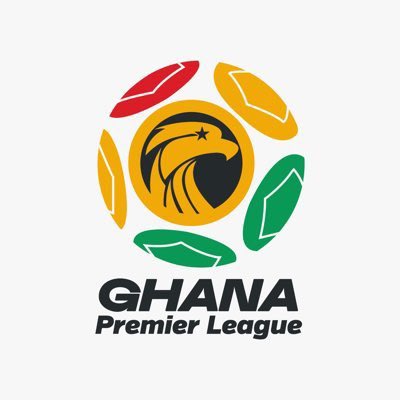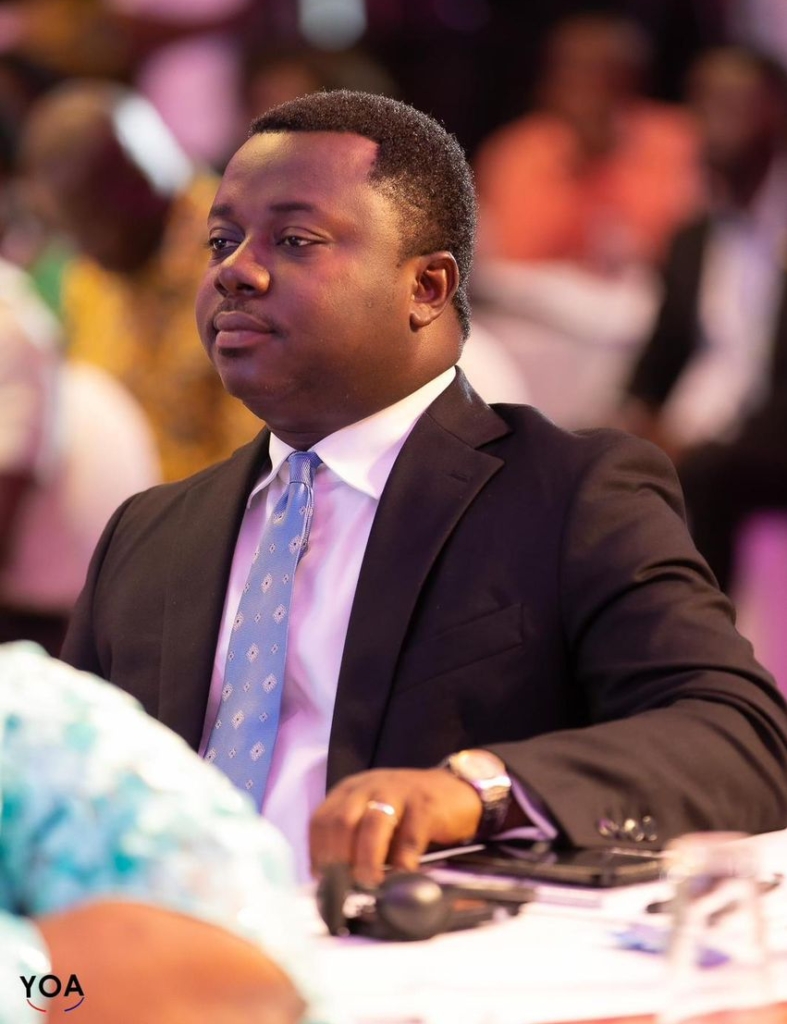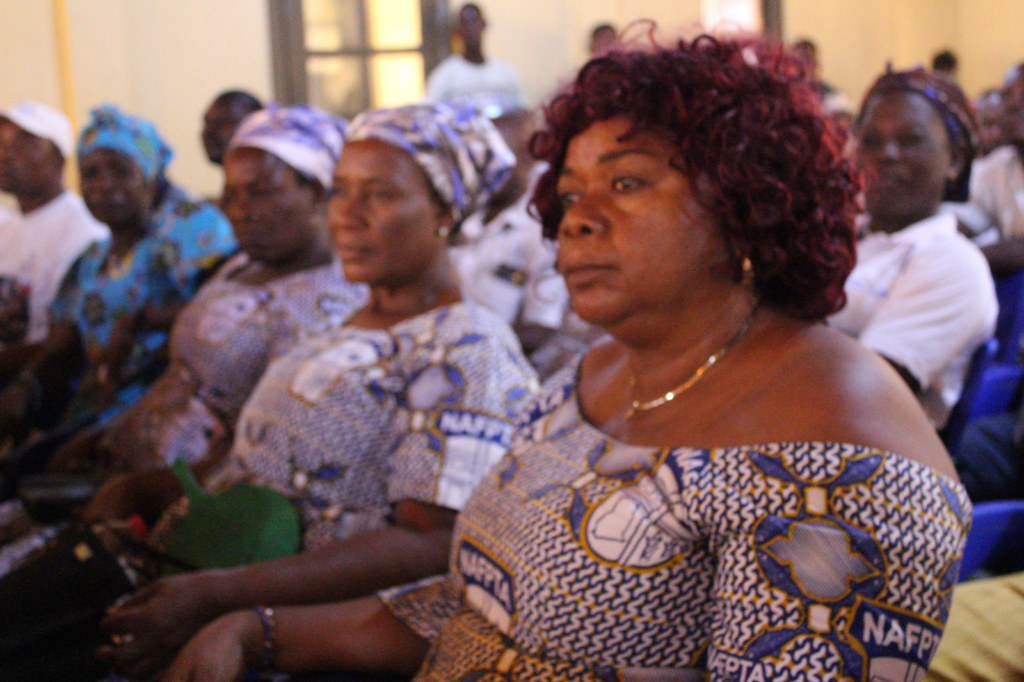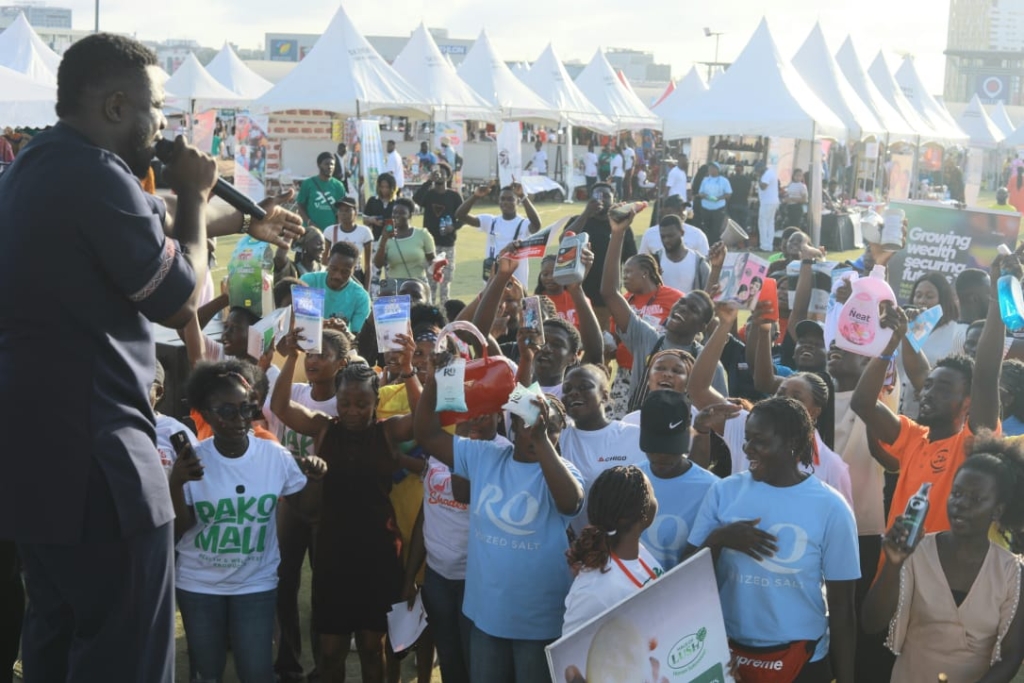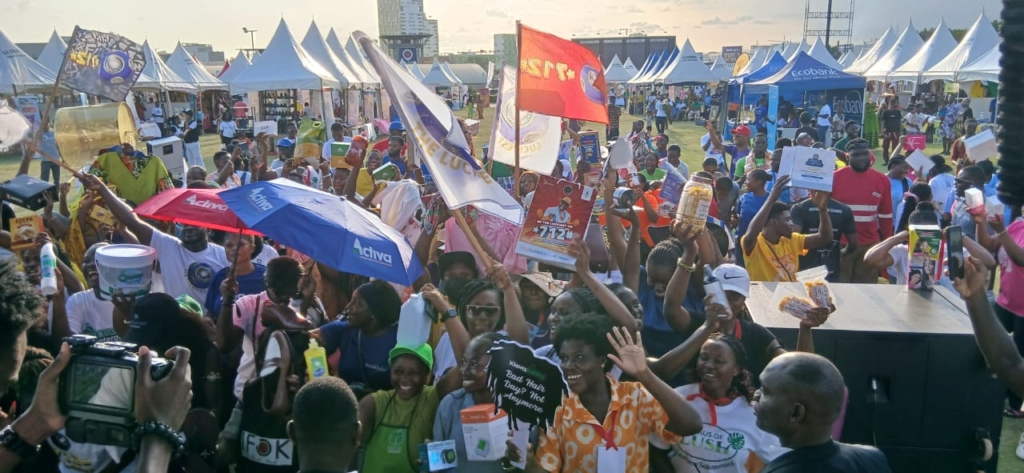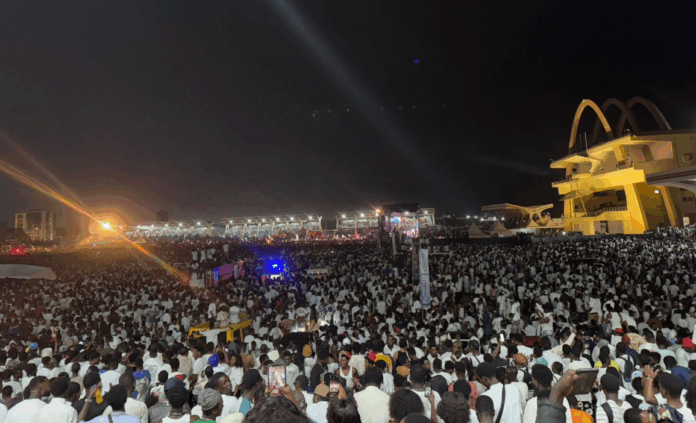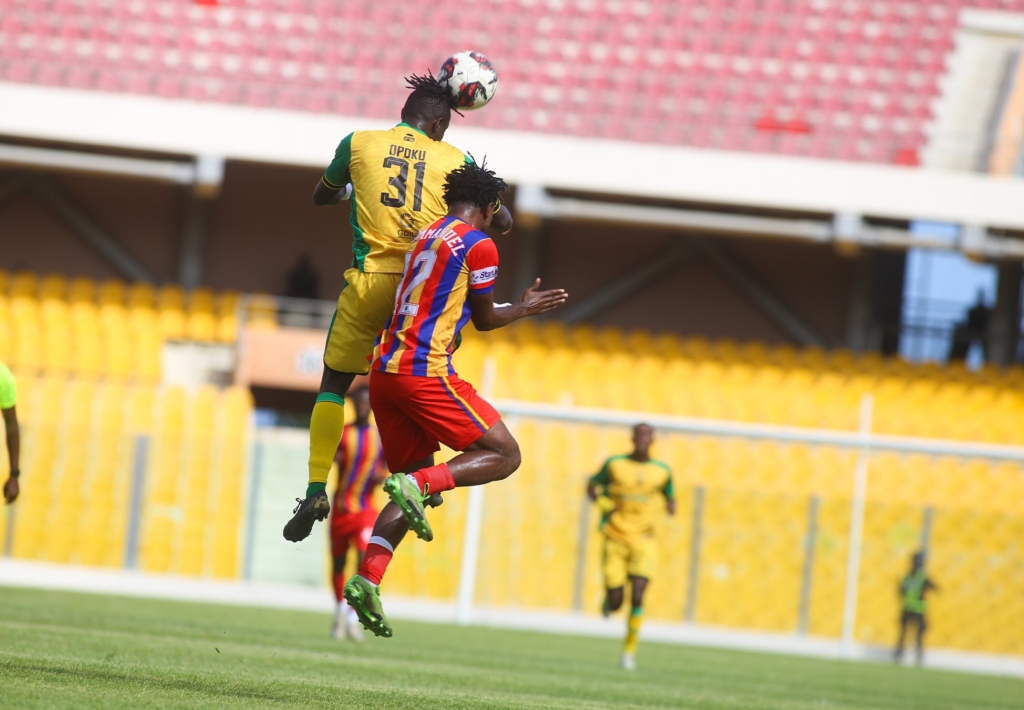A stakeholders’ meeting on illegal, unreported, and unregulated (IUU) fishing was held at the Keta Municipal Assembly, bringing together key players in the fisheries sector to discuss pressing concerns over illegal fishing methods and the enforcement of existing laws.
The meeting, attended by representatives from the Fisheries Commission, Marine Police, local government, and fisherfolk associations, focused on the harmful impact of illegal fishing techniques, including light fishing, the use of dynamite, and the emerging “Mali Mali” fishing method on the Volta Lake.

Speaking at the event, Benjamin Campion, a representative from the Fisheries Commission, condemned the growing use of destructive fishing techniques, stating that “new ways of fishing are not necessarily legal.”
He highlighted light fishing—widely practiced in some Asian countries—as an example, emphasising that in Ghana, it is considered harmful because it aggregates fish, making them easier to catch in large numbers. This, he said, leads to overfishing and depletion of fish stocks.
“Our people don’t only bring the fish together but also use dynamite to blast the entire system, which is a very destructive method of fishing,” he lamented.
He further expressed concern about “Mali Mali,” a new fishing technique being used on the Volta Lake, which also harms the environment.

Mr Campion noted that declining fish landings have pushed some fishermen to adopt desperate and illegal measures, further threatening the sustainability of Ghana’s fisheries.
“They are doing everything possible to increase their catch, but these methods are depleting the stock even further,” he said.
The Fisheries Commission is working with the Fisheries Enforcement Unit (FEU), made up of the Navy and fisheries officers, as well as the Marine Police, to tackle illegal fishing activities. While the FEU remains an important enforcement body, Campion admitted that maintaining naval patrols along Ghana’s coastline is costly.
As a cost-effective alternative, the government is focusing on deploying Marine Police to coastal communities and training regular police officers to handle fisheries-related offenses.
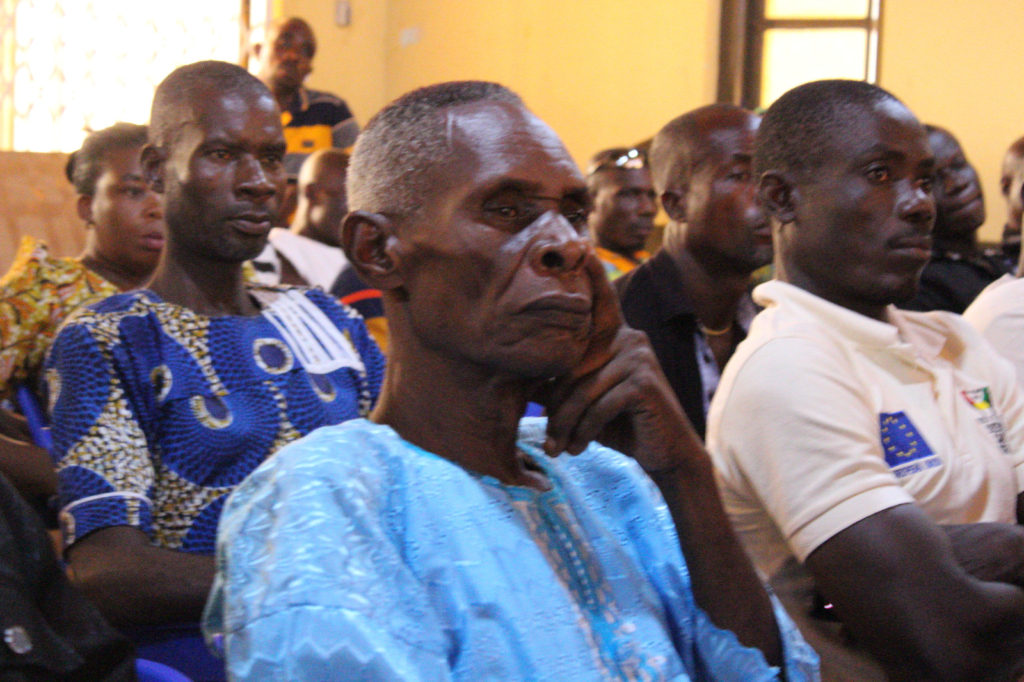
“The Marine Police know the law and can prosecute properly,” he explained. “We just need to get more of them along the coastal districts and at associated police stations.”
The meeting was convened following a petition by the Concerned Fishers Association, a group of local fishermen who called on authorities to take decisive action against illegal fishing.
The petition, which was routed through the Volta Regional Minister and forwarded to the Ministry of Fisheries before reaching the Fisheries Commission, underscored the challenges faced in enforcing fishing laws due to conflicting opinions on what constitutes illegal fishing.
Many local fishermen argued that if light fishing and the use of monofilament nets are banned, then other illegal methods must also be equally enforced. In response, the Fisheries Commission used the platform to clarify the law and educate stakeholders on upcoming enforcement measures.

Ruby Abu, a leader and president of the NAFTA Municipality, was among the fisherfolk representatives who spoke at the meeting. She stressed the urgent need to eliminate IUU fishing practices, citing health concerns associated with chemically treated fish.
“We all agreed that all illegal gears should be removed from the sector,” Abu stated.
“We are pleading with our fishermen to stop using these methods because they are affecting our health. When they use chemicals to catch fish, it is not good for consumption.”
She also highlighted the economic impact of illegal fishing, explaining that fishermen who use traditional, legal methods struggle to sell their catch because chemically treated fish—though cheaper—dominate the market.
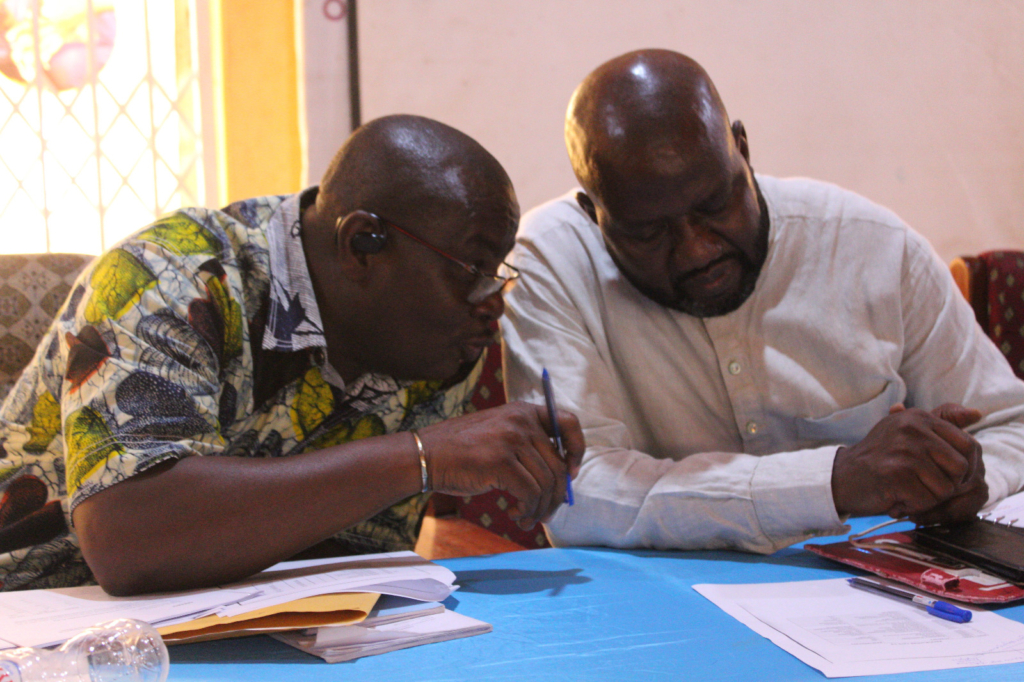
“When we send our fish to the market, nobody is ready to buy because they say ours is too expensive. They prefer the fish caught using chemicals,” she explained.
The stakeholders concluded the meeting with a renewed commitment to collaborate on enforcement efforts.
Fisherfolk leaders pledged to educate their communities on the dangers of illegal fishing, while the Fisheries Commission reaffirmed its commitment to working with the Marine Police and other security agencies to strengthen law enforcement.
The discussion also touched on the role of Landing Beach Committees in overseeing the distribution of premix fuel.
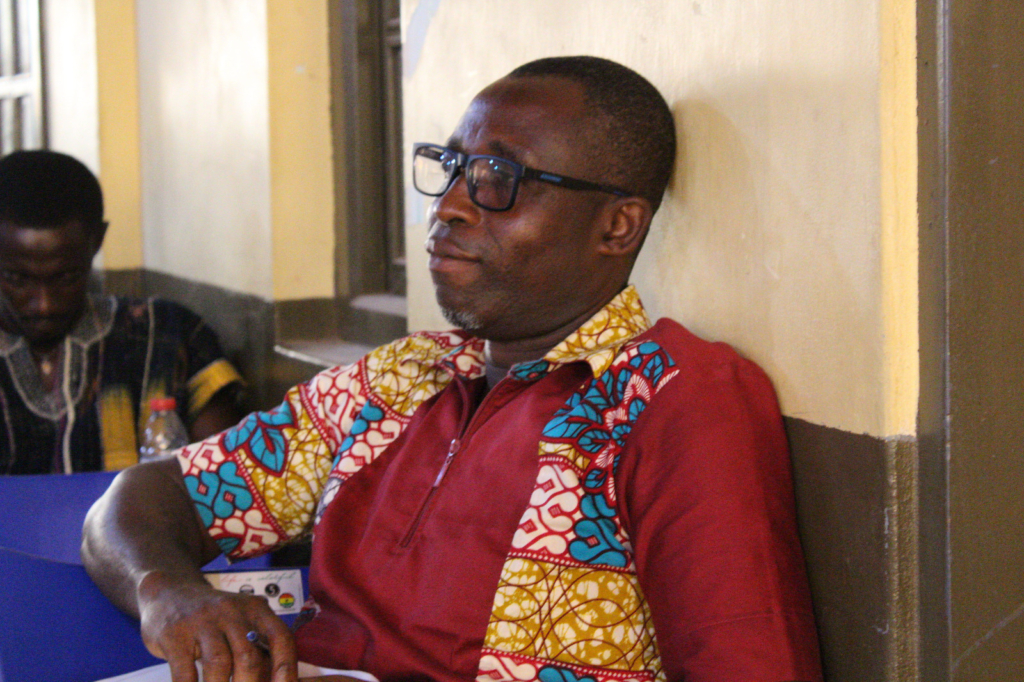
Campion clarified that while there is minimal political influence in the selection of committee members, representatives from the District Chief Executive’s office and the Ministry of Fisheries are often involved, which can create delays.
With increased cooperation among fisherfolk, law enforcement, and regulatory bodies, stakeholders remain hopeful that Ghana’s marine and inland fish stocks can be safeguarded for future generations.
DISCLAIMER: The Views, Comments, Opinions, Contributions and Statements made by Readers and Contributors on this platform do not necessarily represent the views or policy of Multimedia Group Limited.

